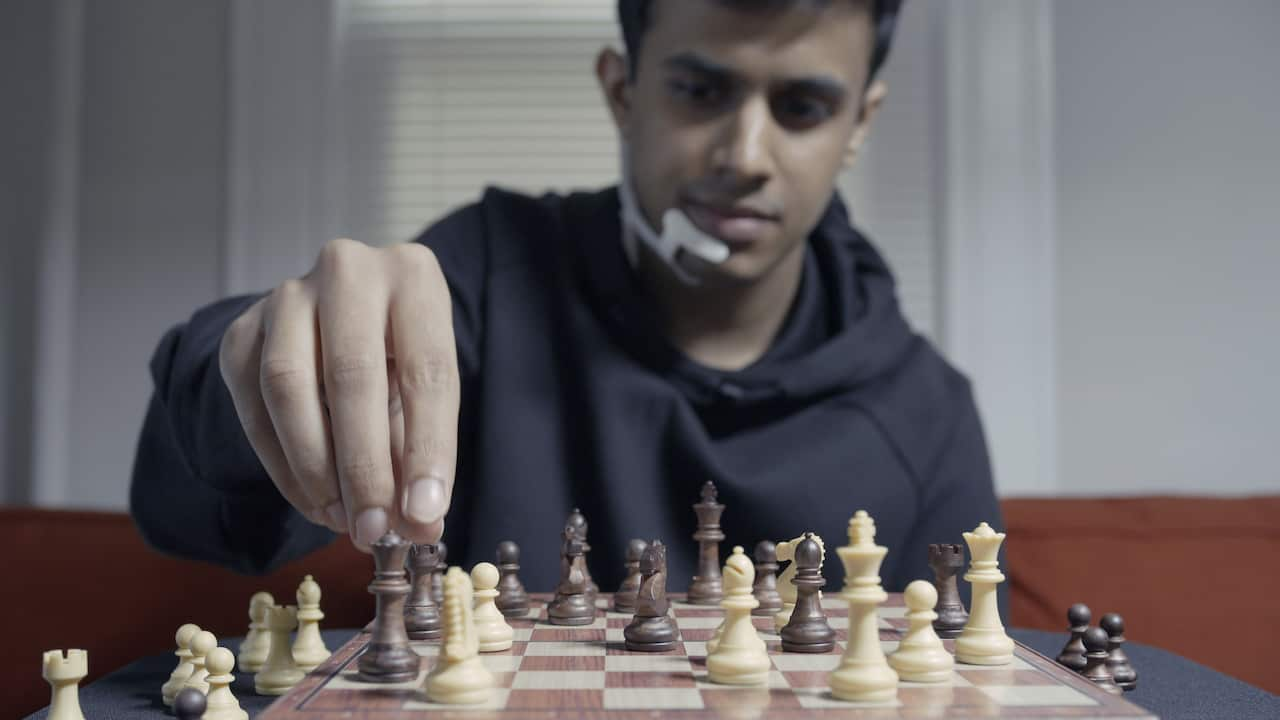Want to check the weather? Or set an alarm for tomorrow? Or maybe find a good recipe for chicken tikka masala?
Well, if one researcher has anything to do with it, soon we could be doing all this not with handheld devices but with our minds.
The 23-year-old Indian-American student at Massachusetts Institute of Technology says he has developed the technology to surf the internet without lifting a finger to a smartphone.
Arnav Kapur's wearable invention, AlterEgo, performs tasks by silently communicating with computing devices and other people.
“AlterEgo allows the user to access the vast information and services available online in an effortless and less socially disruptive manner so that the user does not have to pause regular activities to interface with a computer,” Mr Kapur said.

He explains the wearable system reads electrical impulses from the surface of the skin in the lower face and neck that occur when a user is internally vocalising words or phrases – without actual speech, voice, or discernible movements.
AlterEgo intercepts the electrical signals, which the human brain normally sends to vocal cords, and sends the same information to the computer.
“It allows users to silently and seamlessly interface with a computer without the need for explicit actions,” he says.

Mr Kapur, who is a Masters student at MIT’s Media Lab took a year to develop his invention and says it is 90 per cent accurate, but doesn't read the mind of the user.
“The novelty of this system is that it reads signals from your facial and vocal cord muscles when you intentionally and silently voice words. The system does not have any direct and physical access to brain activity, and therefore cannot read a user's thoughts.”



